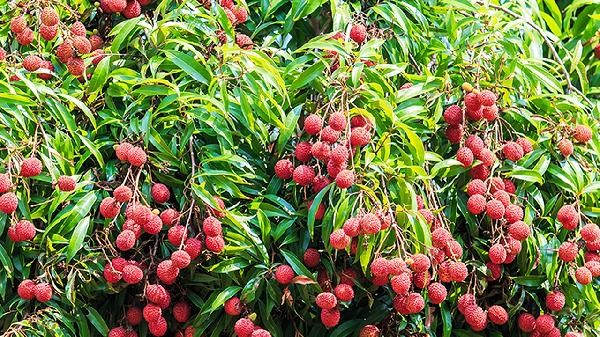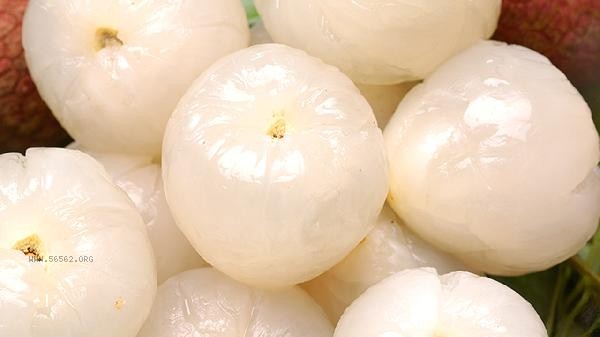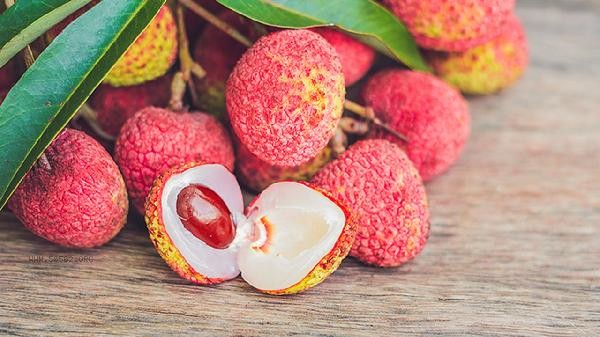Litchi is generally not recommended to be consumed with high sugar foods, high protein foods, alcoholic beverages, warm Chinese medicine, and some seafood. Litchi has a high sugar content and may cause gastrointestinal discomfort or affect nutrient absorption when paired with specific foods.

1. High sugar foods
Litchi itself contains a high amount of fructose. If consumed with refined sugar foods such as honey and cake, excessive sugar intake may occur in a short period of time, leading to blood sugar fluctuations. Patients with diabetes or those with abnormal glucose tolerance should pay special attention to control the total amount and avoid taking too many high glucose combinations at one time.
2. High protein foods
When lychee is consumed with high-quality protein rich foods such as milk and eggs, fruit acid may cause protein to clump together, affecting digestion and absorption. People with weak gastrointestinal function may experience bloating, and it is recommended to consume it at intervals of more than an hour.
III. Alcoholic beverage
Some components in litchi may inhibit the activity of alcohol metabolism enzymes, and eating the same as Baijiu and beer may aggravate the drunkenness reaction. Excessive consumption of lychee after drinking alcohol may also increase the risk of hypoglycemia, and mixed intake on an empty stomach should be avoided.

Fourth, Warm Chinese Medicine
Litchi has a warm nature, and taking it together with ginseng and cinnamon isothermal tonics may exacerbate internal dryness and heat. Individuals with a constitution of yin deficiency and fire excess may experience symptoms such as dry mouth and tongue. It is recommended to consult a physician for dietary restrictions during the use of traditional Chinese medicine.
5. Some seafood
Eating cold seafood such as crabs and oysters with lychee may cause gastrointestinal irritation, and people with sensitive constitutions are prone to diarrhea. Seafood is rich in pentavalent arsenic compounds, and although consuming it with lychee, which is rich in vitamin C, may not have clear toxicity, it may increase digestive burden.

It is recommended to control the single intake of lychee within 200 grams and avoid eating on an empty stomach. Children and pregnant women should reduce their food intake, and those with allergies should undergo a small amount of testing on their first attempt. The inner membrane of lychee shells can alleviate symptoms of internal heat, and drinking light salt water or mung bean soup appropriately after consumption can help balance the body's heat. If you experience dizziness, nausea, or other discomfort, stop eating immediately and seek medical examination.









Comments (0)
Leave a Comment
No comments yet
Be the first to share your thoughts!